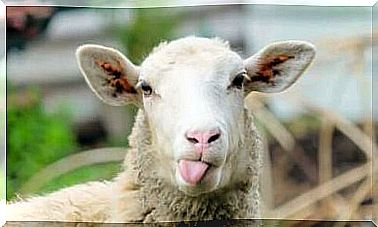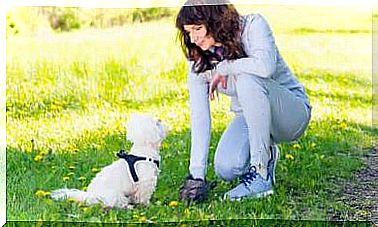What Vaccinations Should Your Puppy Get?
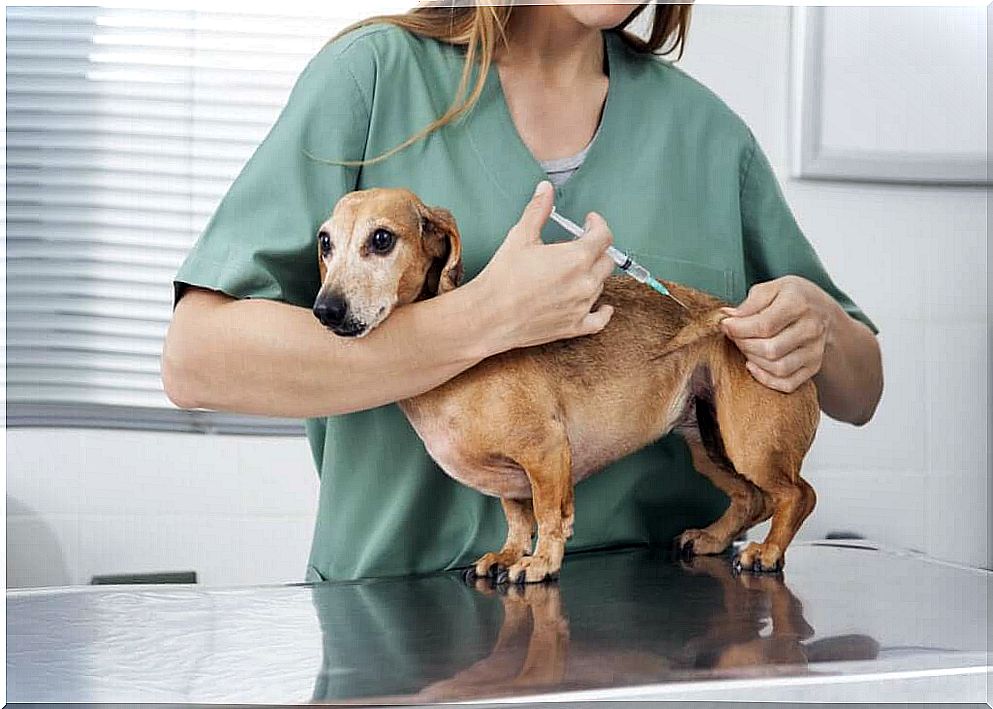
Vaccination is the most effective way to prevent the different diseases that can affect your puppy. Furthermore, it is a safe method with very low probability of side effects. Check out the vaccinations that your dog should have.
For dogs and cats, there is a vaccination schedule that is usually informed by the veterinarian the first time the caregiver takes the pet for an appointment. This calendar covers the most common illnesses – some very serious – that can affect dogs and cats.
What to do before vaccinating a dog?
Newborn puppies acquire immunity through breastfeeding, from colostrum – the first breast milk. Therefore, it is very important not to prematurely separate the puppies from the mother. In addition to possible pathologies, there are also behavioral problems associated with early litter separation.
Maternal immunity ends after six weeks. Thereafter, and usually until the eighth week of life, the puppies move to their new homes. At this moment, the dog’s health is in the hands of the tutors.
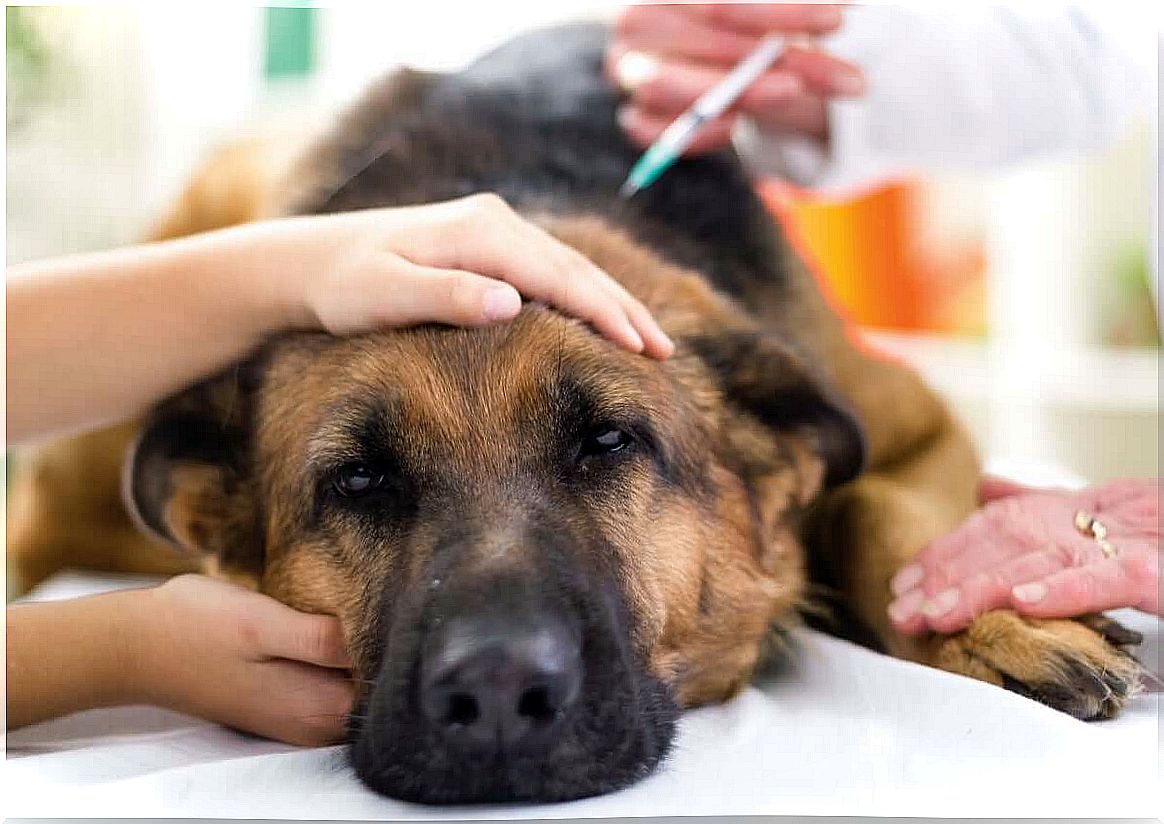
The most recommended is to start the vaccination from when they are little. When a dog arrives, it is necessary to ensure some waiting time before its exposure to other pets in the house, thus avoiding the occurrence of cross infections if the animal is incubating any pathogen.
Infectious diseases have an incubation period from the moment the pathogen enters the body until the first symptoms appear, but this does not mean that the carrier is not contagious during this phase.
During this period, the microorganism causing the disease multiplies and is released from the body through urine, feces and mucus. This is the main time when the disease spreads, so it is important to be cautious before introducing your new pet.
For the vaccine to be as effective as possible, the puppy must be totally healthy and dewormed. Roundworm infections, for example, are common in puppies that have not gone through this process.
Common diseases in dogs
There are other vaccines that can be found in veterinary portals, but the most common and those that are usually always present in the dog’s vaccination card are against the following diseases:
- Distemper.
- Parvovirus.
- Hepatitis.
- Leptospirosis.
- Anger.
- Leishmaniasis.
- Kennel flu or cough.
The first five are generally the most applied, as they fight very serious diseases that can be fatal to the animal from a very young age.
The vaccine against leishmaniasis is recommended for dogs that live in areas with a high prevalence of the sand fly, while the vaccine against kennel cough is recommended when the animal will spend more time in contact with many other dogs, for example, in a hotel for dogs.
When to start vaccinating
From six weeks of age, the tutor can already start vaccinating the puppy. The first vaccines are usually against parvovirus and distemper, which need a booster dose between three and six weeks later.
Along with the reinforcement of the previous ones, doses of vaccines against hepatitis and leptospirosis are also inoculated. All these diseases are contained in a single vaccine, which requires an annual booster for the animal to acquire immunity.
When the puppy is three months old, he must be vaccinated against rabies, which, in addition to a booster dose after one month, also requires a mandatory annual booster – according to the country of residence.
The leishmaniasis vaccine can be given at six months. In addition, it can also be complemented with the use of external antiparasitic drugs to prevent both the insect bite and the development of leishmania, since the antibodies generated by the vaccine act when the parasite manages to penetrate the body.
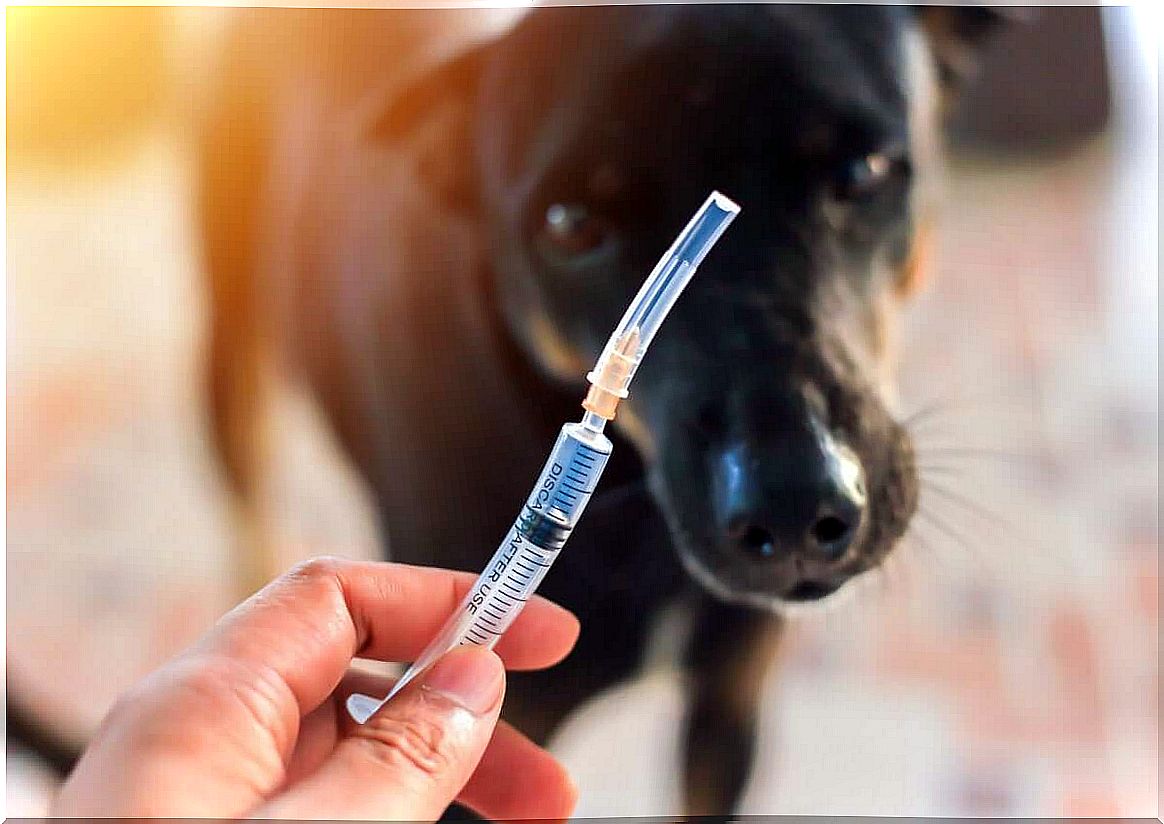
Why is it important to vaccinate?
All of these vaccines are administered through a subcutaneous prick on the dog’s skin, except for kennel cough, which is applied intranasally. It is painless for the animal and very likely prevents the development of the diseases against which it was vaccinated.
For the vaccination to be effective, it is necessary to follow the instructions of the veterinarian, keep the puppy’s vaccination calendar up to date, and vaccinate him again whenever necessary, in order to obtain a protective level of antibodies.



